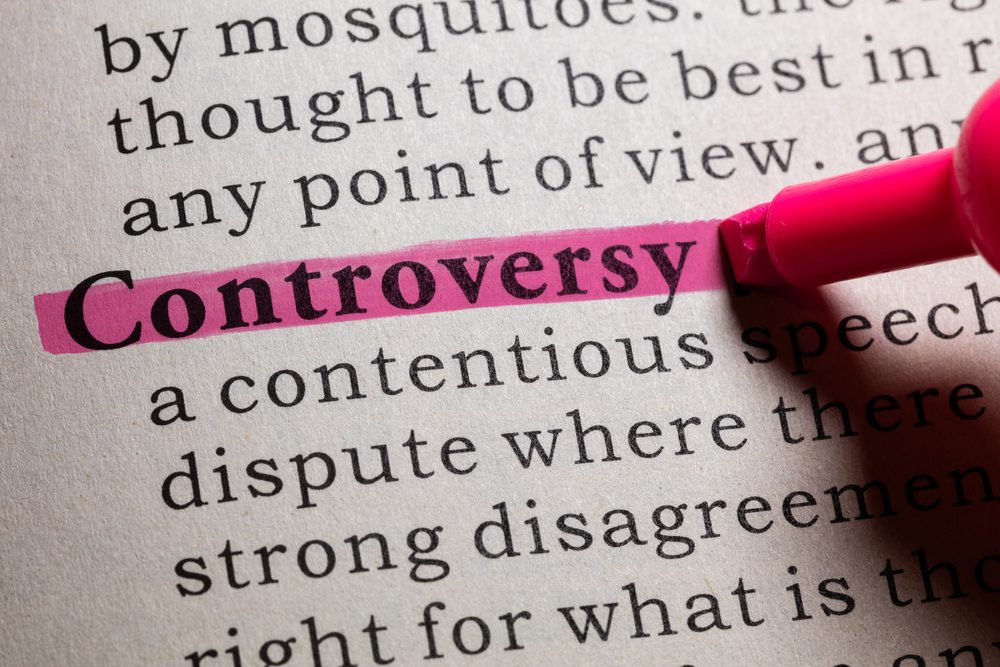What if measures intended to keep us safe actually made things worse?
Consider the case of allergies. Since 2010, the number of U.S. children with peanut allergies has increased by 21 percent. Allergies to tree nuts went up by 18 percent, and shellfish allergies by 7 percent.
These allergies can have severe and, at times, fatal consequences. Beginning in the 1990s, increasing numbers of parents started to take the well-intentioned step of protecting their children from potential allergens. PB&J sandwiches became a thing of the past as many parents completely stopped feeding peanuts to their children. Schools followed suit. Many schools in the United States don’t allow children to bring peanuts or even products (like dried fruits) processed in a facility that also processes peanuts.
We prevent the potential allergy by avoiding the potential allergen.
Makes sense, right?
Not so fast. If you look closely at the data, an association emerges between the increasing rate of allergies and measures intended to protect children from allergens. Put differently, the more we try to protect our children, the worse things get.
What explains that counterintuitive result? A group of researchers in one study set out to answer that question. In a study published in the prestigious New England Journal of Medicine, they recruited 640 infants between 4 and 11 months of age.
They split the children into two groups. One group of children ate 6 grams of peanut protein each week spread across at least three meals, whereas the other group of children avoided peanuts altogether. This feeding protocol continued until the children reached the age of 5, at which time they were tested for peanut allergies.
The results were shocking. In children who tested negative for peanut sensitivity at the beginning of the study, peanut consumption was associated with a whopping 86% drop in peanut allergies (13.7% of the avoidance group developed allergies whereas 1.9% of the consumption group developed them). And in children who tested positive for peanut sensitivity at the beginning of the study, the reduction was 70% (35.3% of avoidance group developed allergies whereas 10.6% of the consumption group developed them).
The consumption of peanuts worked like a vaccine. Just as introducing weak antigens stimulates learning in our immune system and prevents future infection, exposure to peanuts prompted the development of peanut-specific antibodies.
No, I’m not writing about peanuts because I’m affiliated with “Big Peanut.” I’ve never even liked peanuts. Peanut butter wasn’t a thing where I grew up. It’s decidedly an acquired taste, and it’s a taste that I’ve decided not to acquire.
I’m writing about peanuts because our response to them represents a broader trend.
We’ve become accustomed to shielding ourselves from anything that might be a threat. We fear failure, so we don’t launch a new business, write a new book, or start a podcast. We fear rejection so we don’t ask someone out on a date. Instead of sitting with the uncertainty of a life decision, we look for a pithy set of life hacks.
Over time, these actions create a feedback loop. We fear rejection, failure, peanuts—you name it—so we avoid them. When we avoid them, we don’t develop the antibodies to cope with them. When we don’t develop antibodies, we become more vulnerable to them.
To protect us from the resulting vulnerability, we up the ante and increase the dose of the safety measure. Yet the cure exacerbates the cause. We lose our ability to cope with simple struggles.
The remedy lies in exposure. Just as early exposure to peanuts can stimulate the development of antibodies, exposure to rejection, uncertainty, and failure can allow us to recognize and learn from them. Each dose builds resilience and breeds familiarity. Each crisis becomes training for the next one.
This doesn’t mean imposing catastrophic failures on ourselves. We don’t have to be masochists. Rather, it means you accept some risks, push boundaries, tackle thorny problems, and yes, fail from time to time. Lean into discomfort instead of running away from it. Give yourself permission to botch a song on the piano and write ghastly first drafts of articles (as I keep telling myself).
To paraphrase an old adage, don’t try to prepare the road for yourself.
Instead, prepare yourself for the road.
[Inspiration: The Coddling of the American Mind by Jonathan Haidt and Greg Lukianoff].




